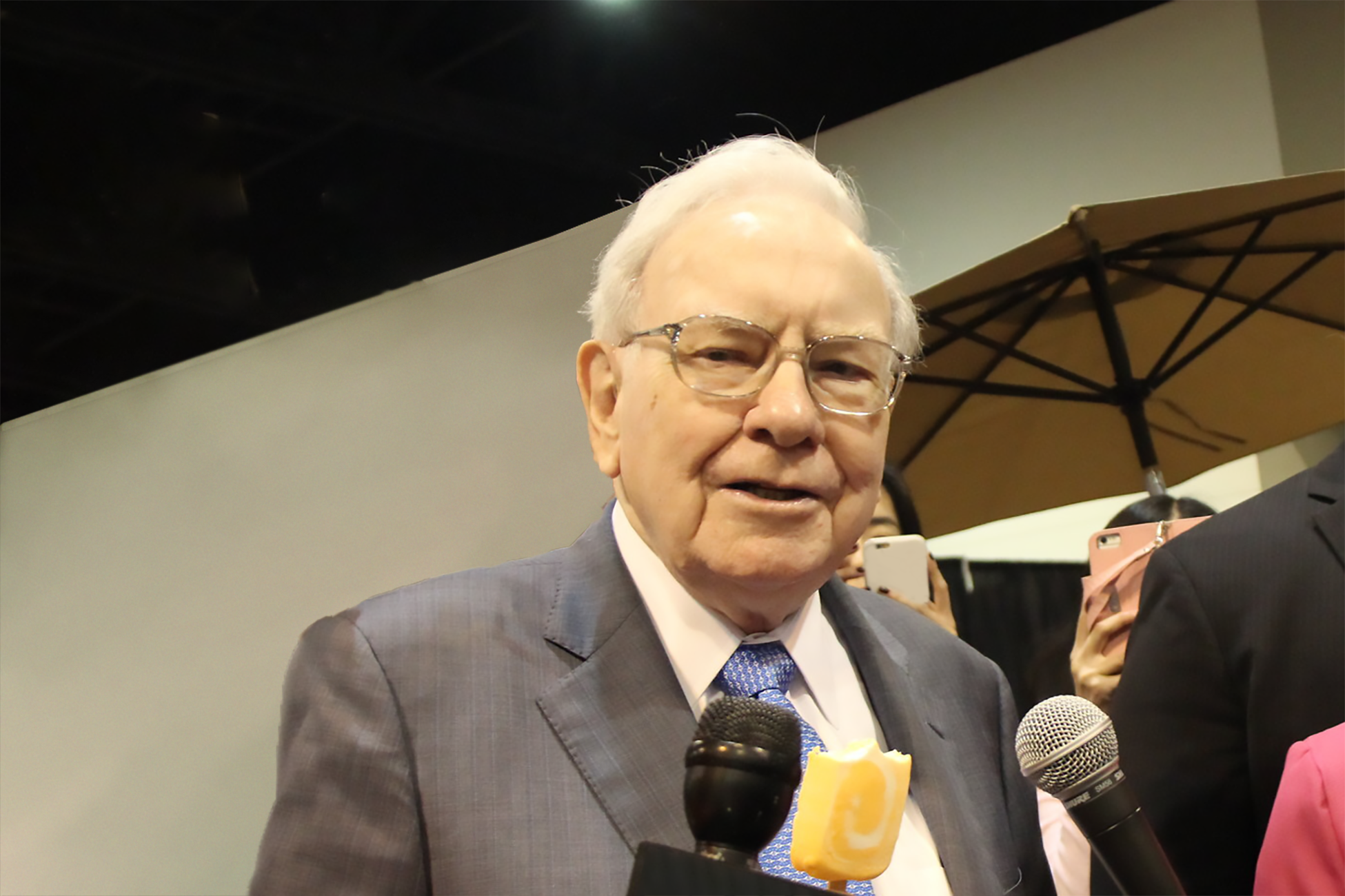Markel (MKL 1.11%) has been one of the better performing financial stocks in 2022, trading down only about 1.2% year-to-date. That represents a continuation of a long track record of success for this "baby Berkshire" -- so-called because its business model is similar to that of Berkshire Hathaway.
Markelʻs primary business is insurance, as it is a leading provider of specialty, or excess and surplus (E&S) insurance (which caters to smaller companies and high-risk businesses) as well as reinsurance for other insurers. And like Berkshire Hathaway, it invests in public companies, with a roughly $7 billion portfolio that includes some 132 stocks. Finally, it also has a private equity investment arm called Markel Ventures, where it invests in and owns private companies.
The company, based in Richmond, Virginia, has been around since 1930, and it has quietly churned out excellent returns for shareholders, as its roughly $1,218-per-share price shows. Its performance is a good illustration of the importance of investing in good companies in down markets.

NYSE: MKL
Key Data Points
Let's go back to the last major bear market during the Great Recession and see how an investment in Markel then would look today.
Markel was trading at $310 per share in August of 2009
If you go back exactly 13 years from right now, you would be in mid-August 2009. The market was beginning to recover from the bear market of 2008 and early 2009.
On Aug. 10, 2009, Markel opened the day trading at $310 per share. After declining 39% in 2008, Markel was having a better year in 2009, up about 4% year-to-date after starting the year at $297 per share.
If you took advantage of the cheaper price and valuation of Markel coming out of that bear market and invested $5,000 in Markel on Aug. 10, 2009, you would have purchased roughly 16.13 shares of the stock. Fast forward 13 years -- how much would you have?
An 11.3% annualized return
The 13 years that followed included one of the longest bull markets in U.S. history, the shortest bear market ever during the pandemic, and the current bear market of 2022. Through it all, Markel posted an average annualized return of 11.3% from roughly Aug. 10, 2009, through Aug. 10, 2022. It is now trading at about $1,200 per share.
So based on that 11.3% average return, the $5,000 initial investment would be about $19,650 today. Further, a $10,000 investment would net about $39,300 today.
And if you'd invested, say, $100 per month in the stock, that $5,000 initial investment would rise to about $57,000 today. With an initial investment of $10,000, contributing $100 per month, youʻd have about $78,000 now.
It is impossible to know what the next 10 or 20 years will hold, but considering where we are, it is particularly relevant right now to look at the long-term performance of established and stable companies like Markel coming out of the last major bear market and recession.
There are a lot of excellent companies, including Markel and many others, that are available at cheaper valuations right now that might warrant consideration as additions to your portfolio.








